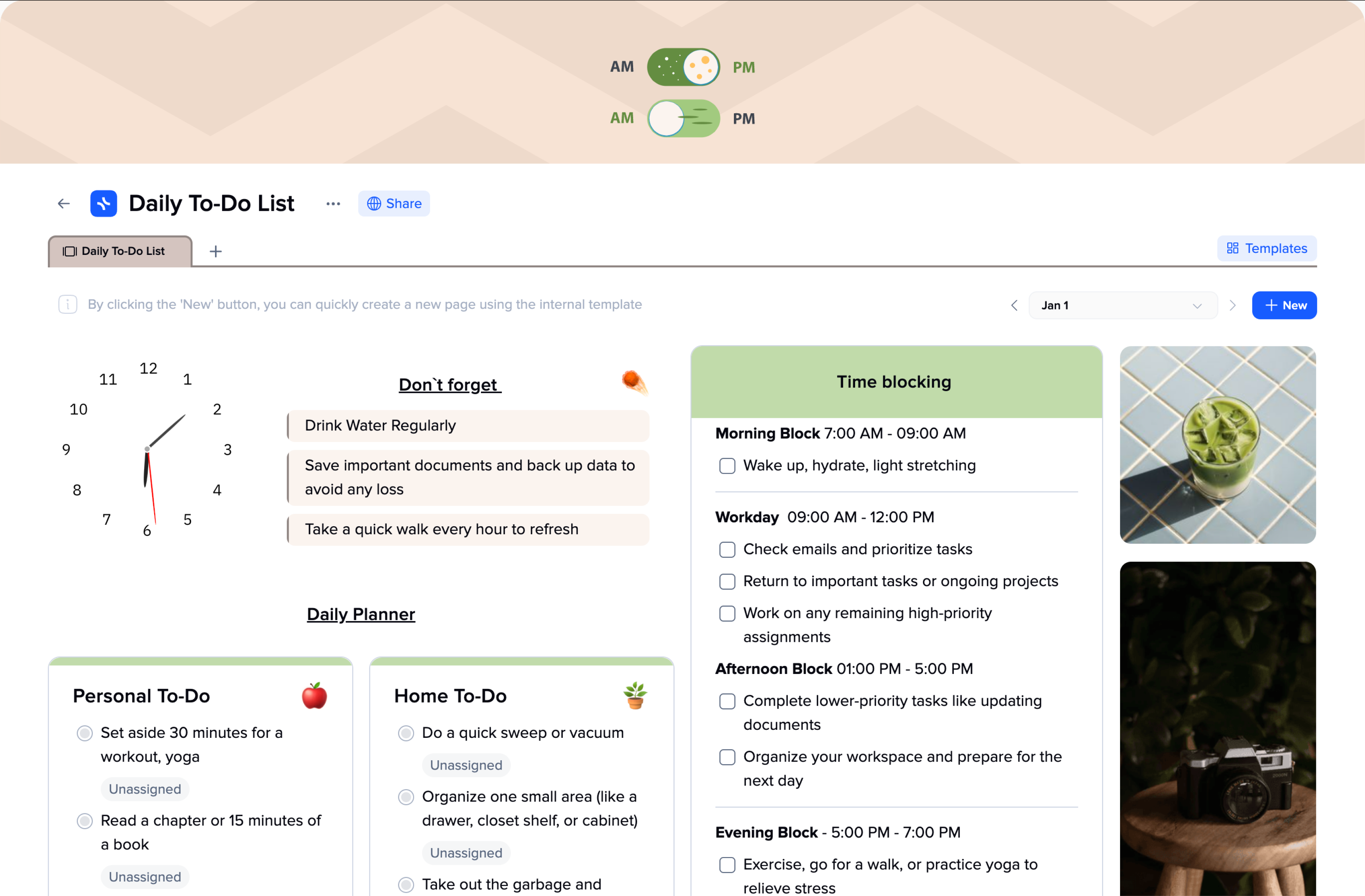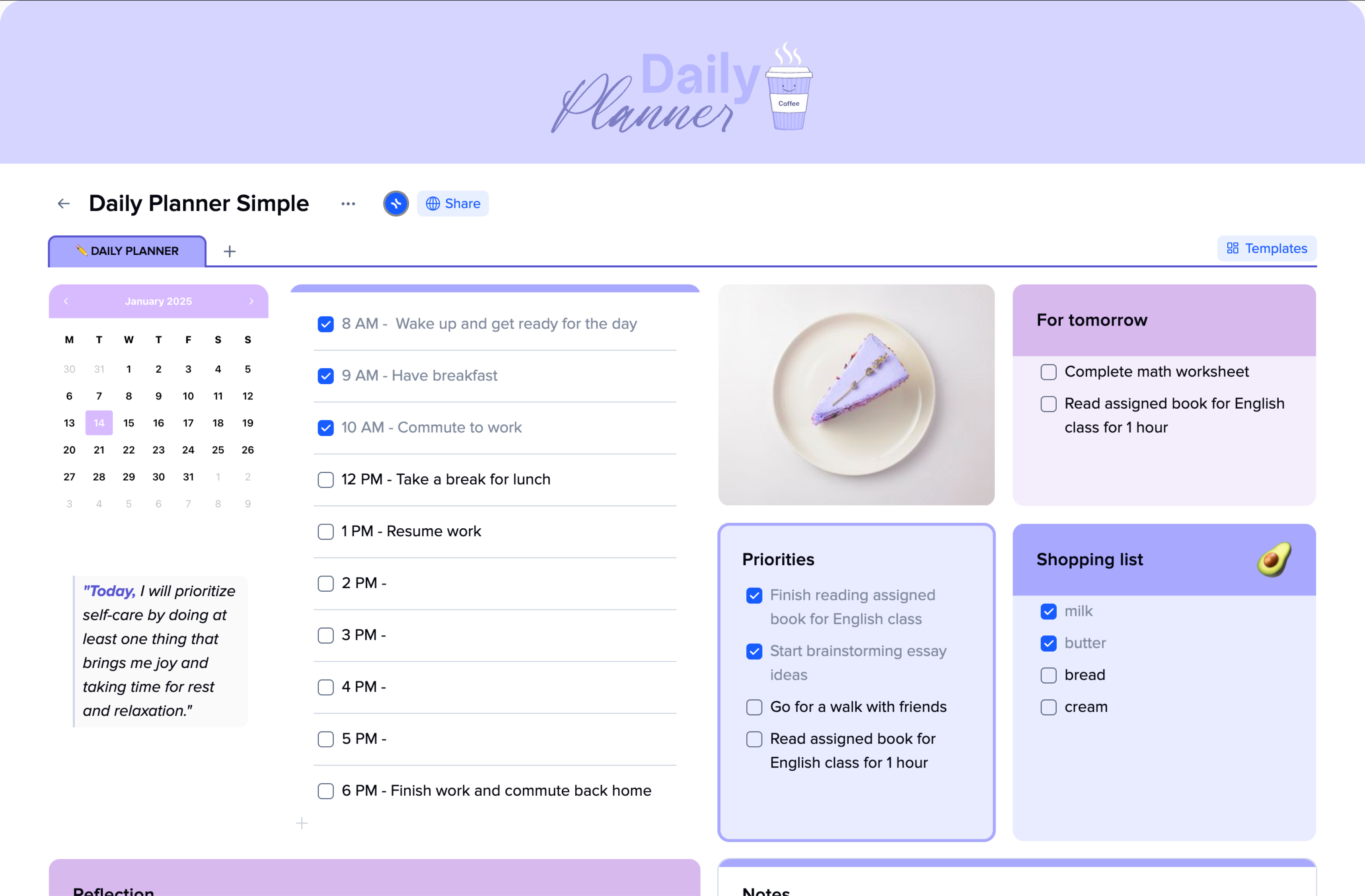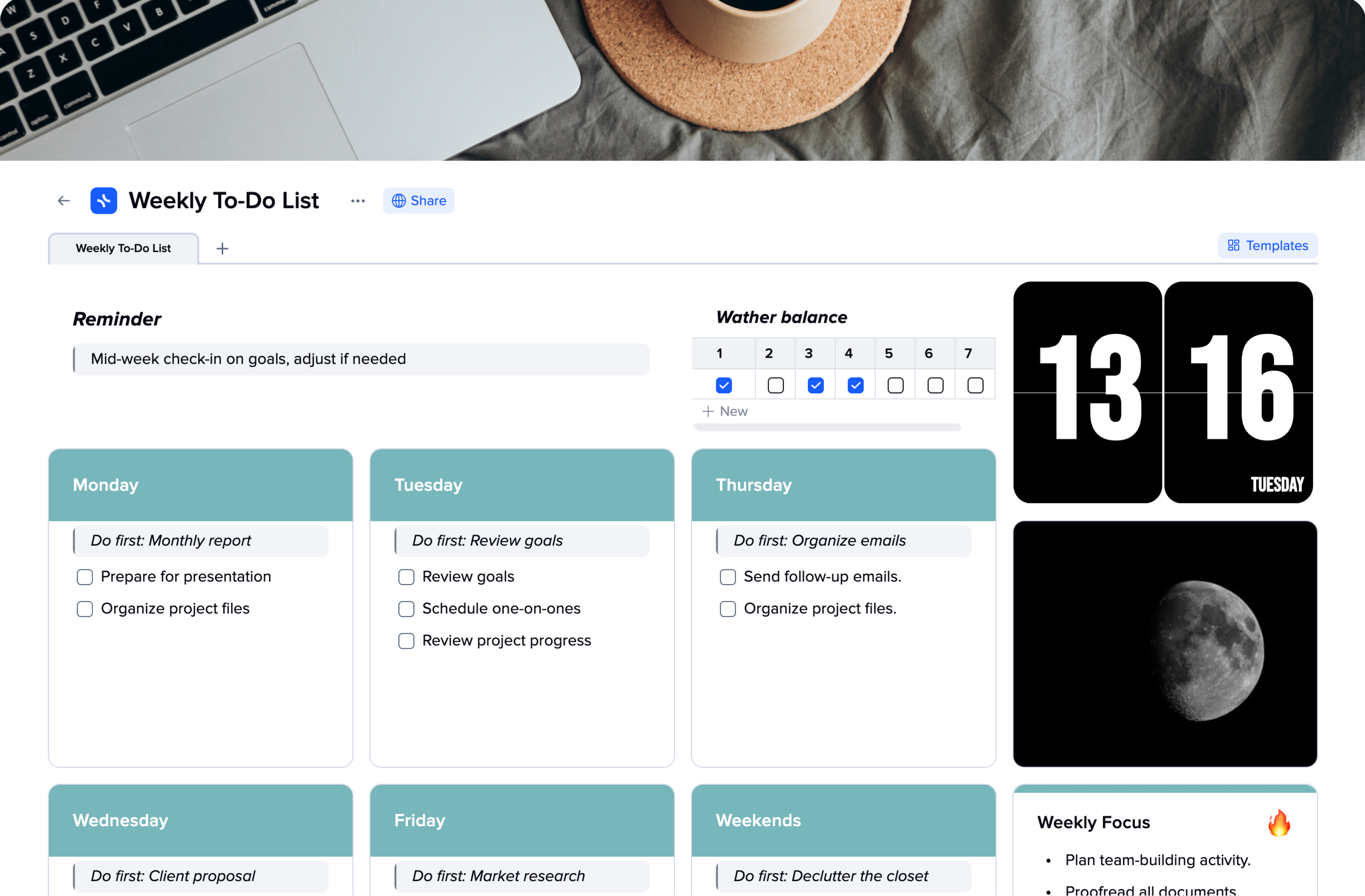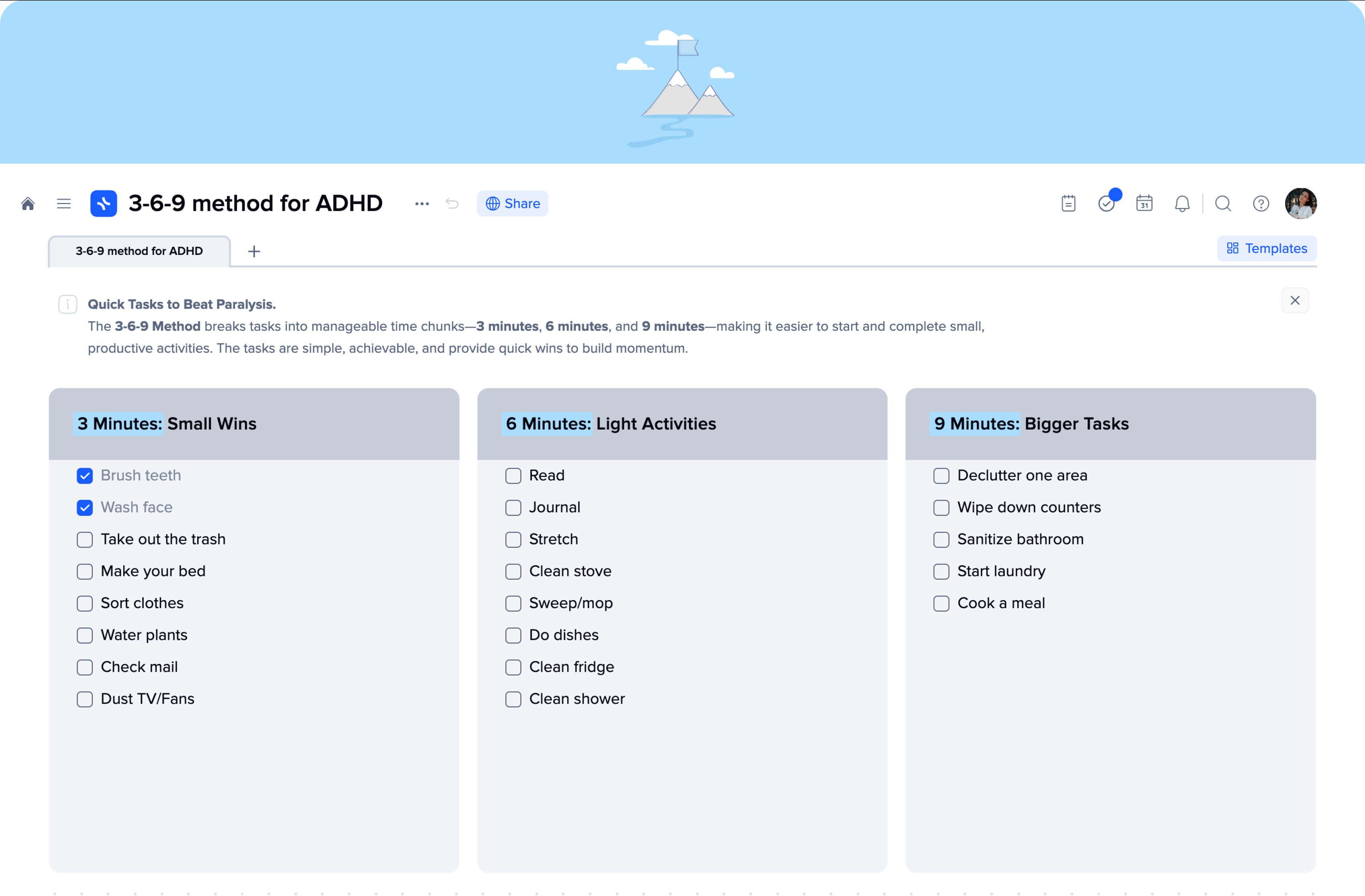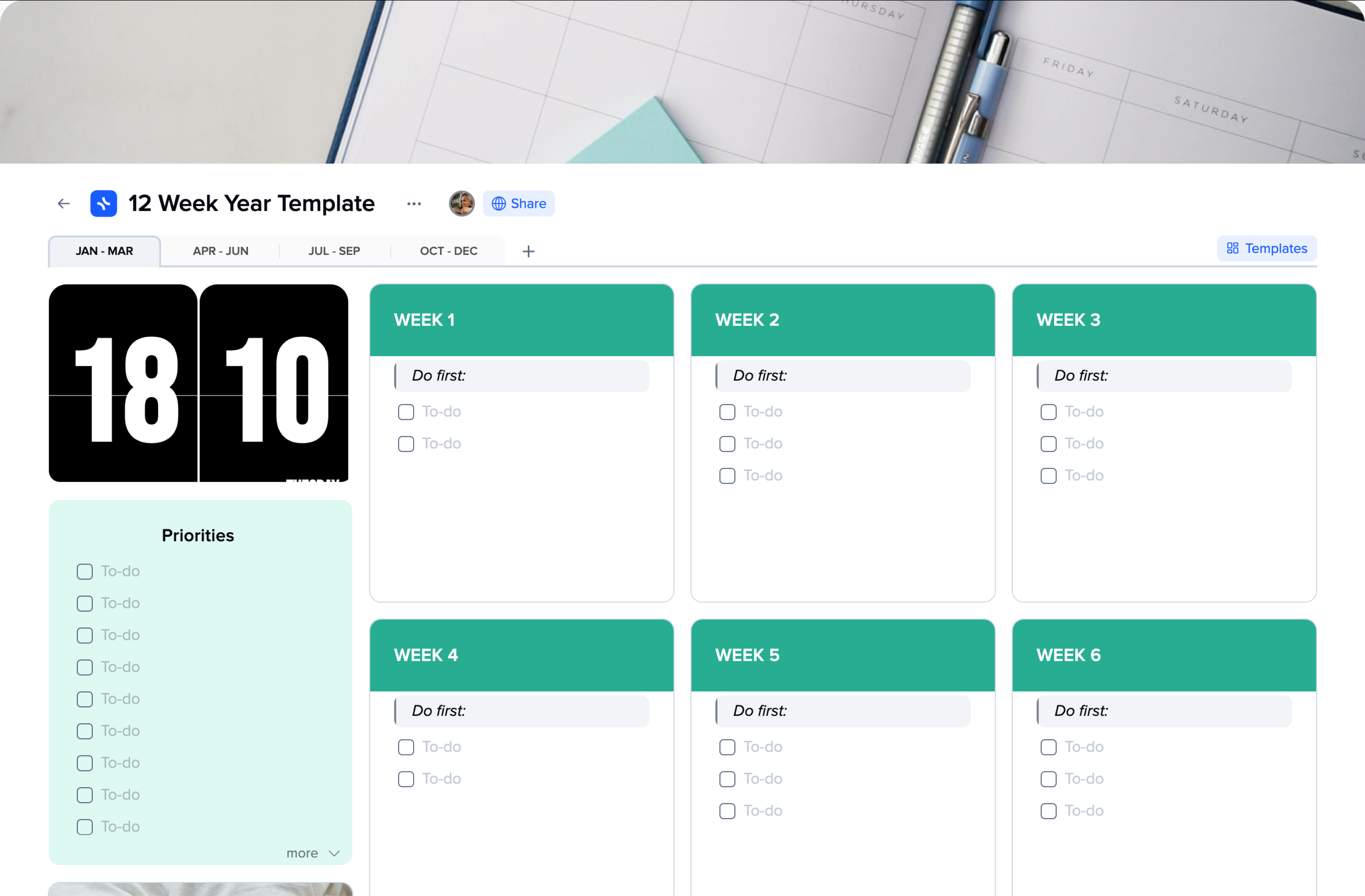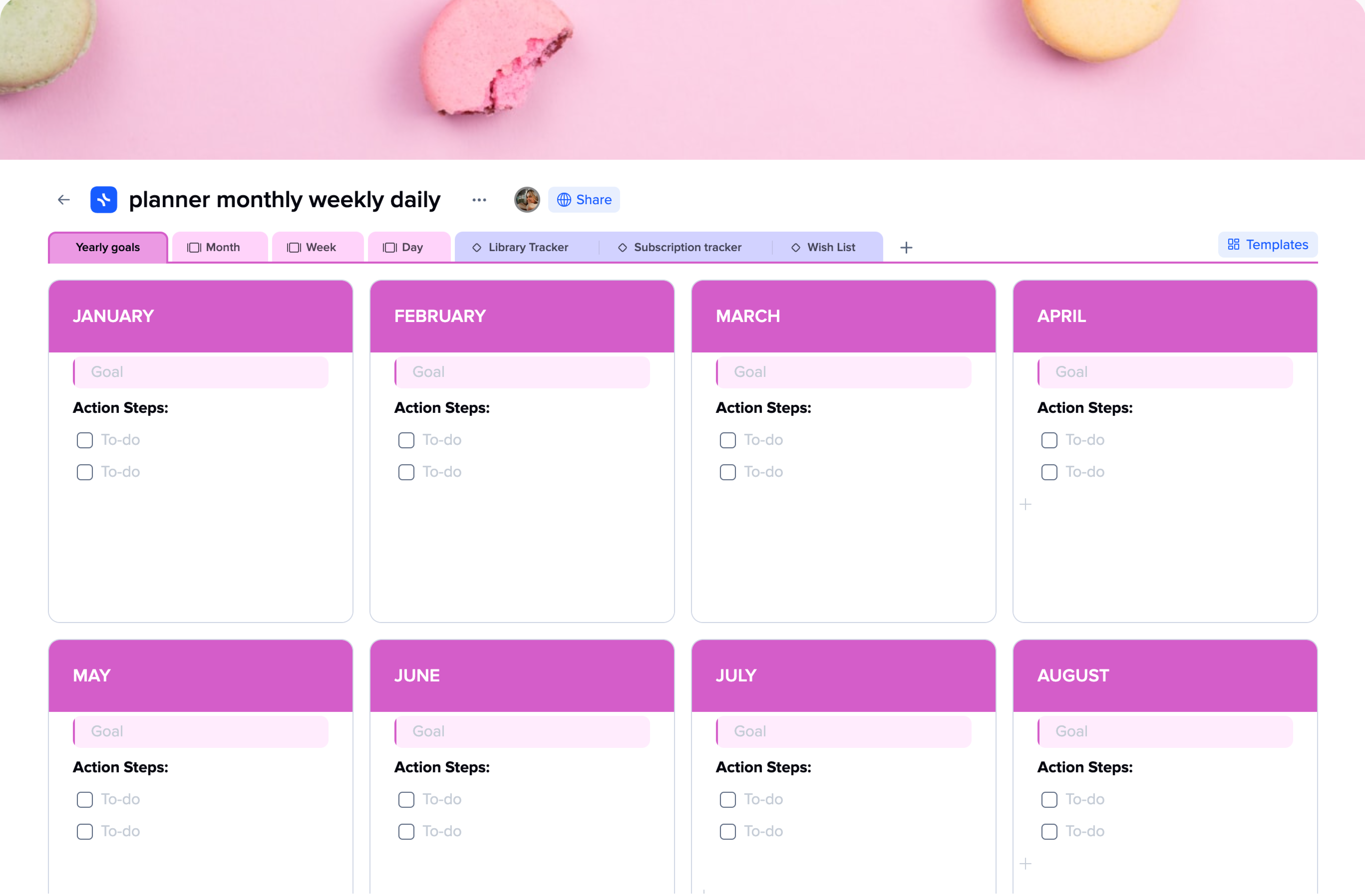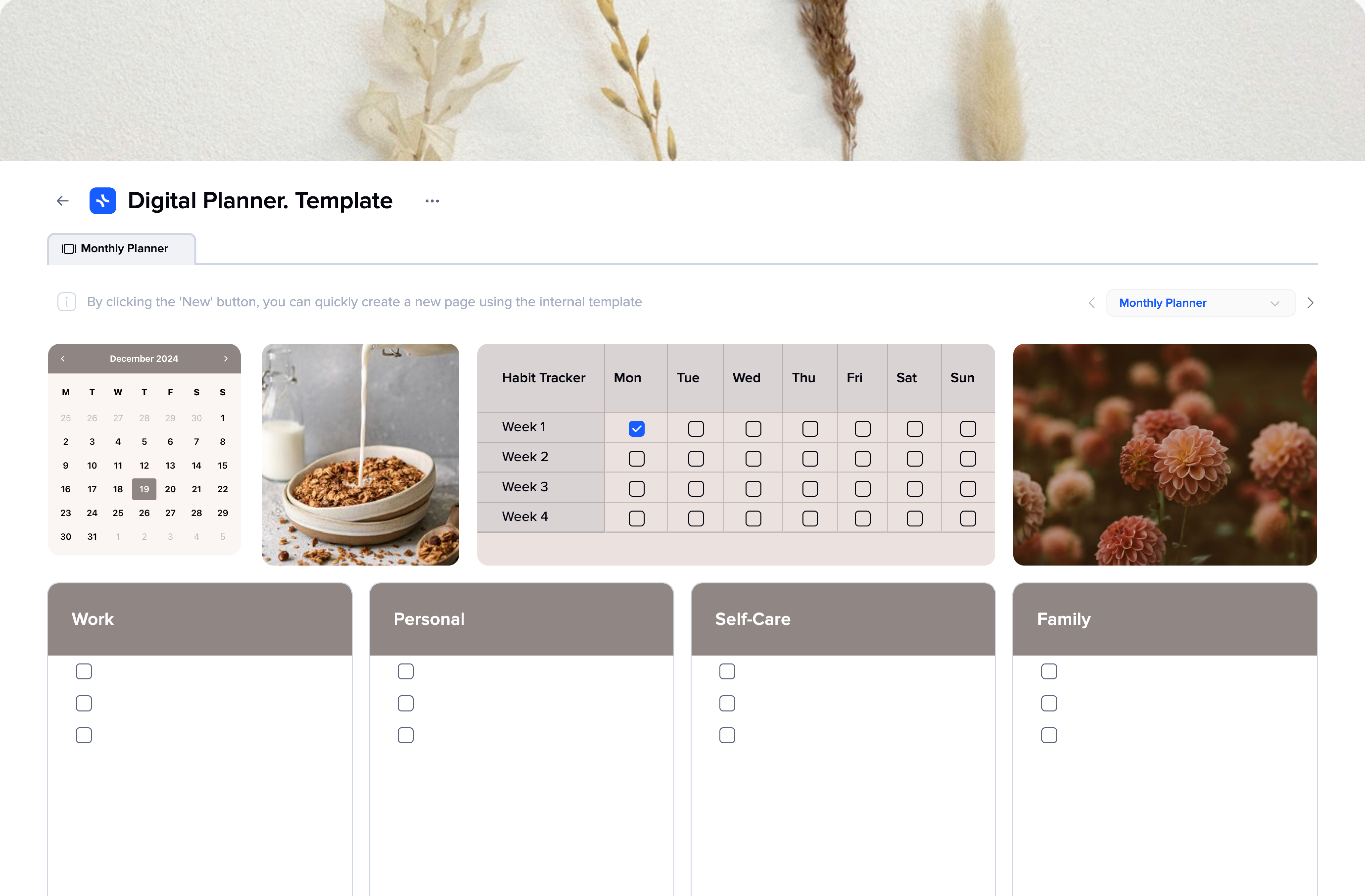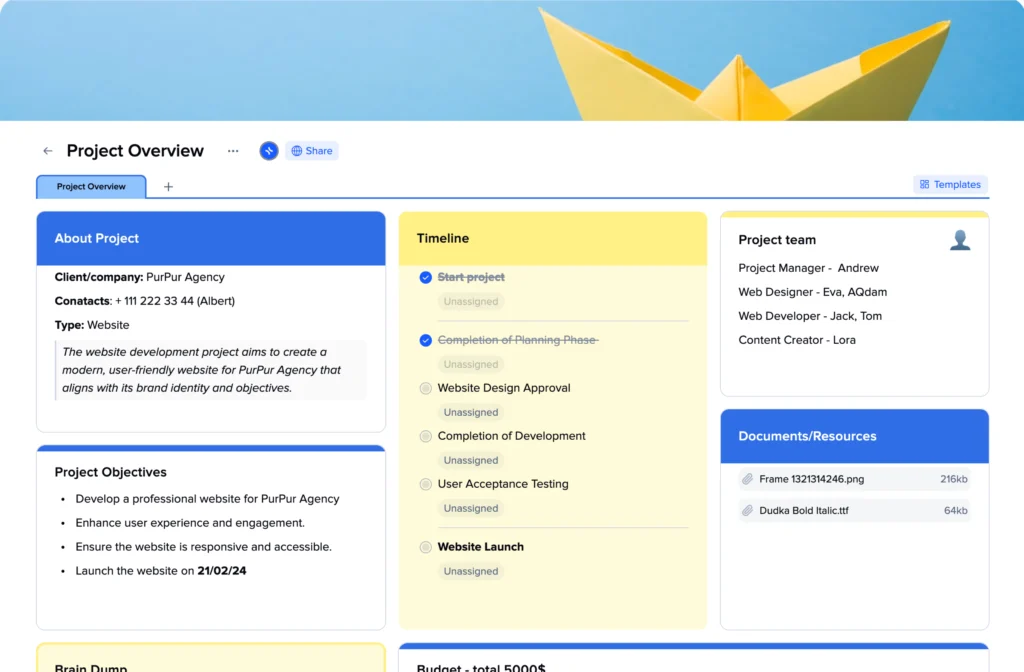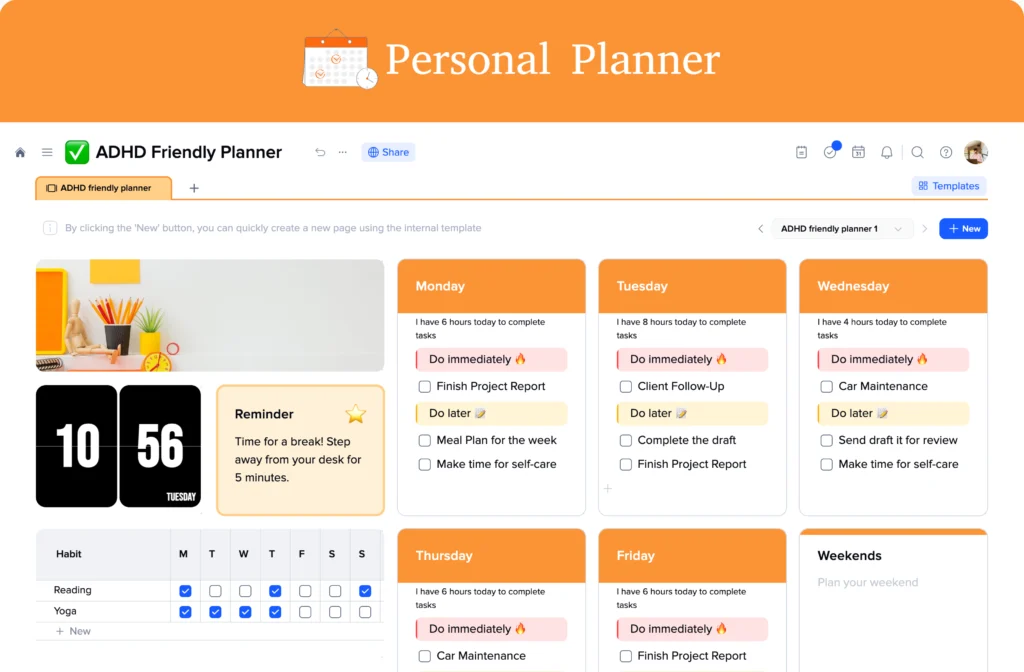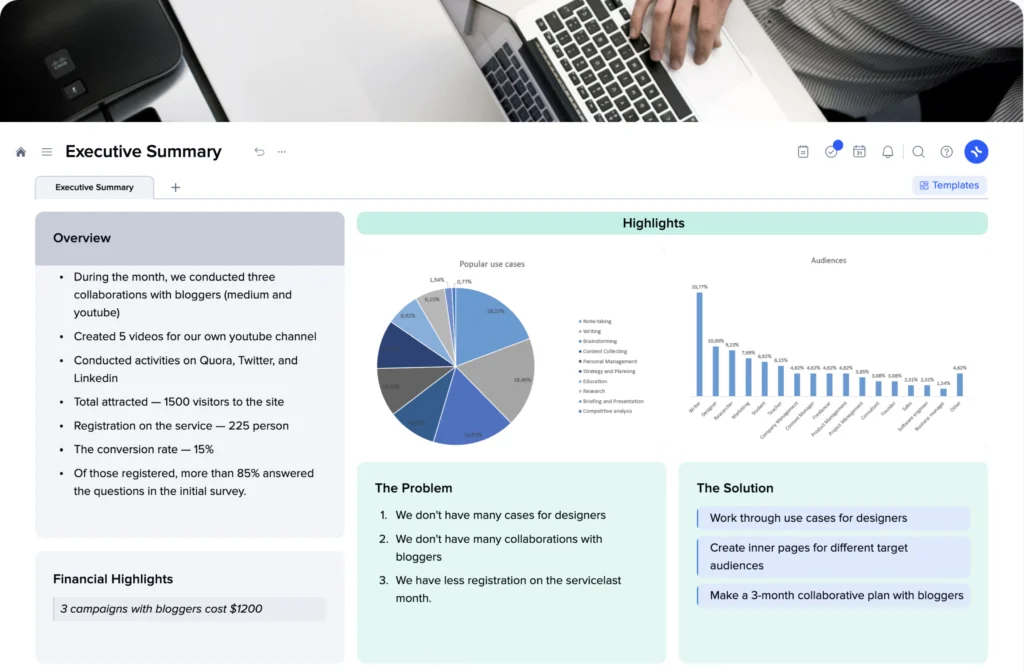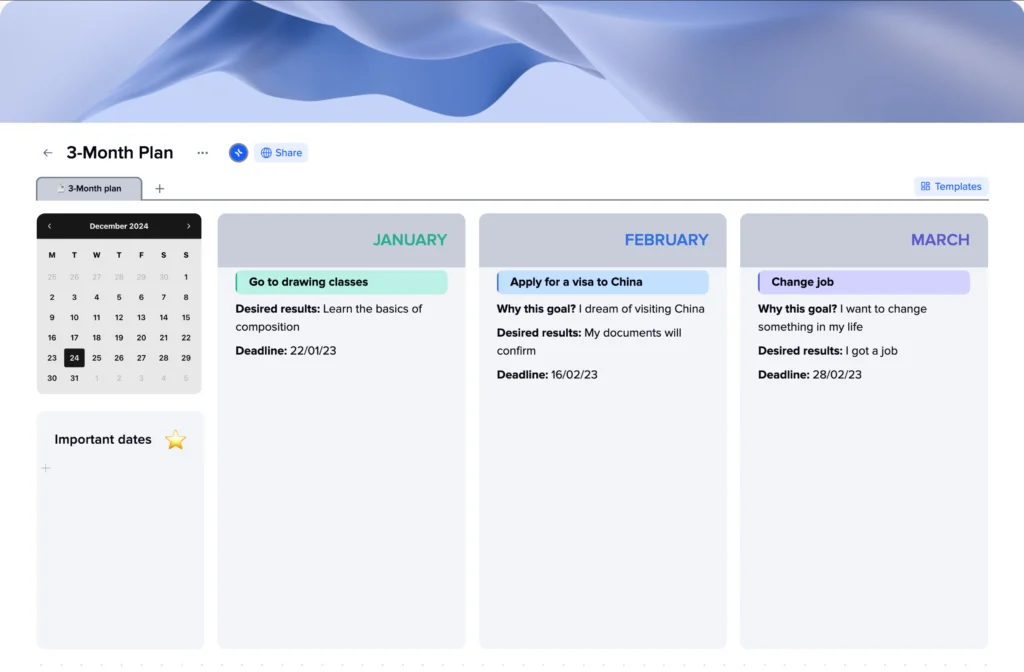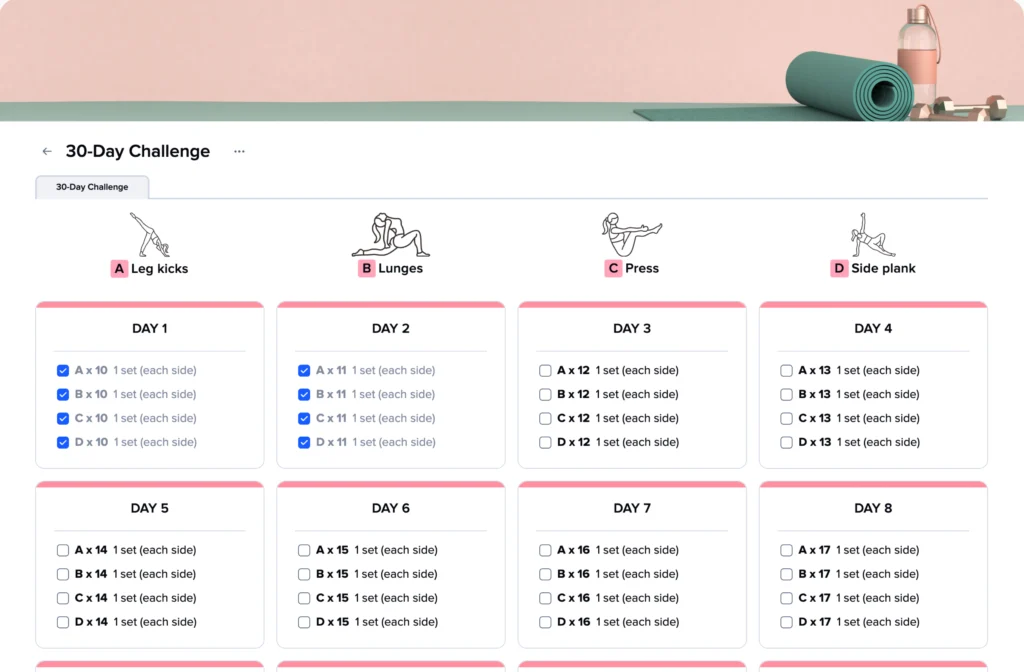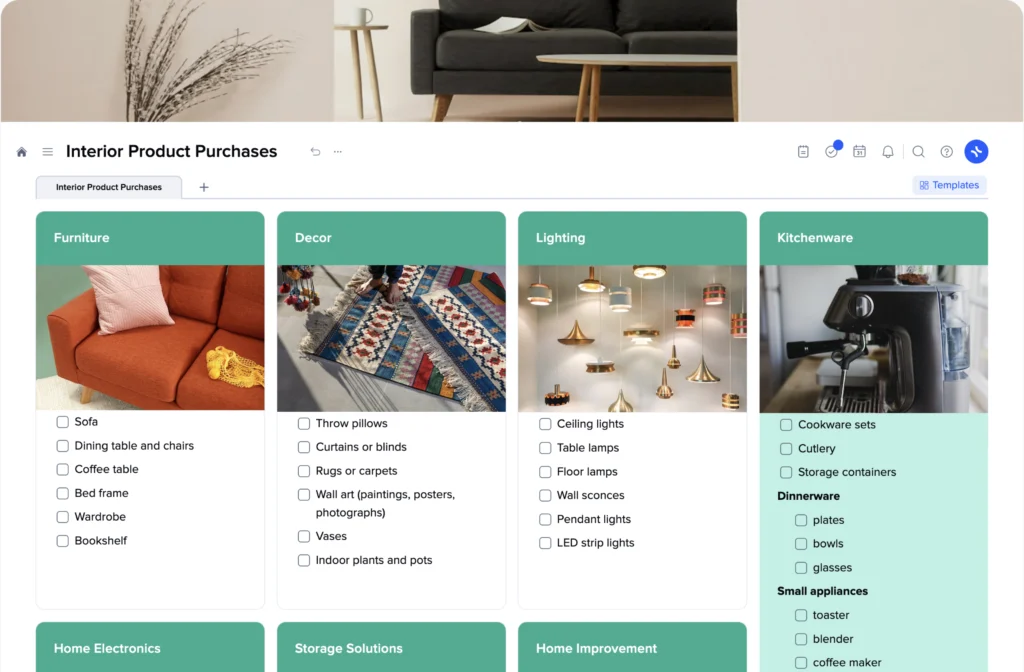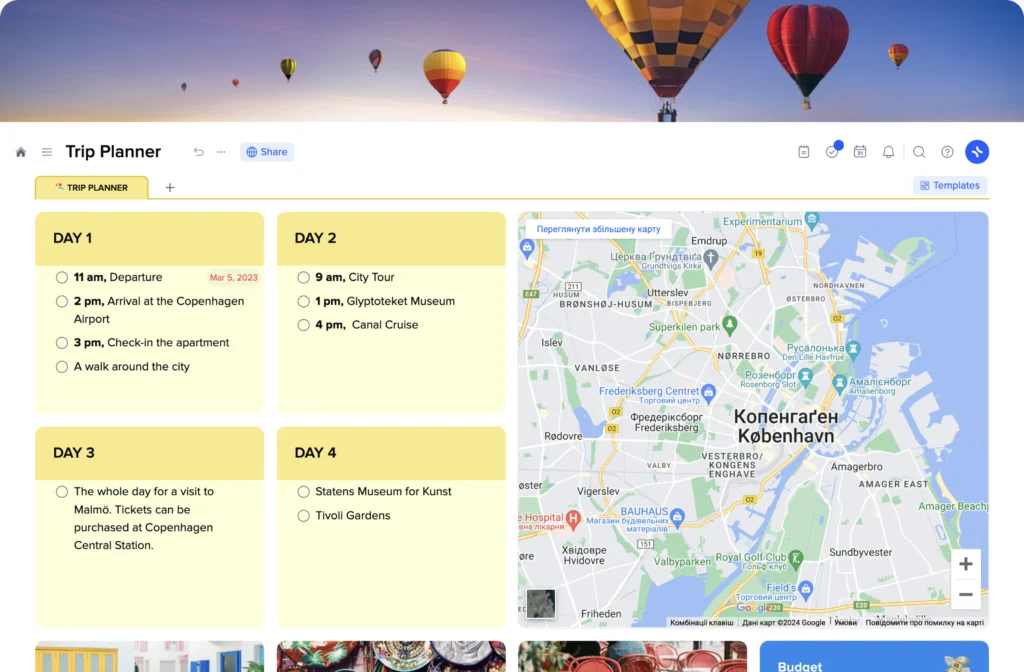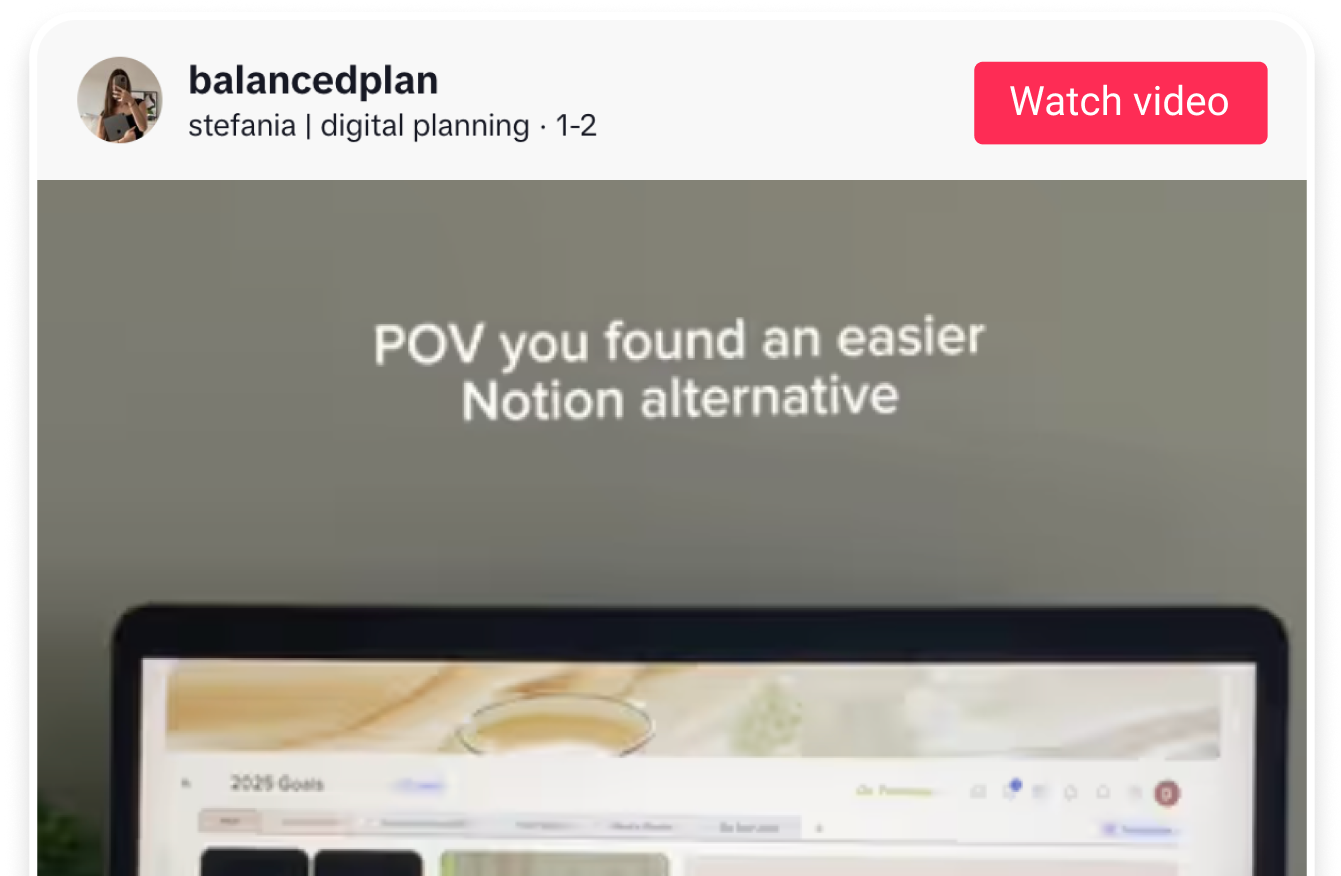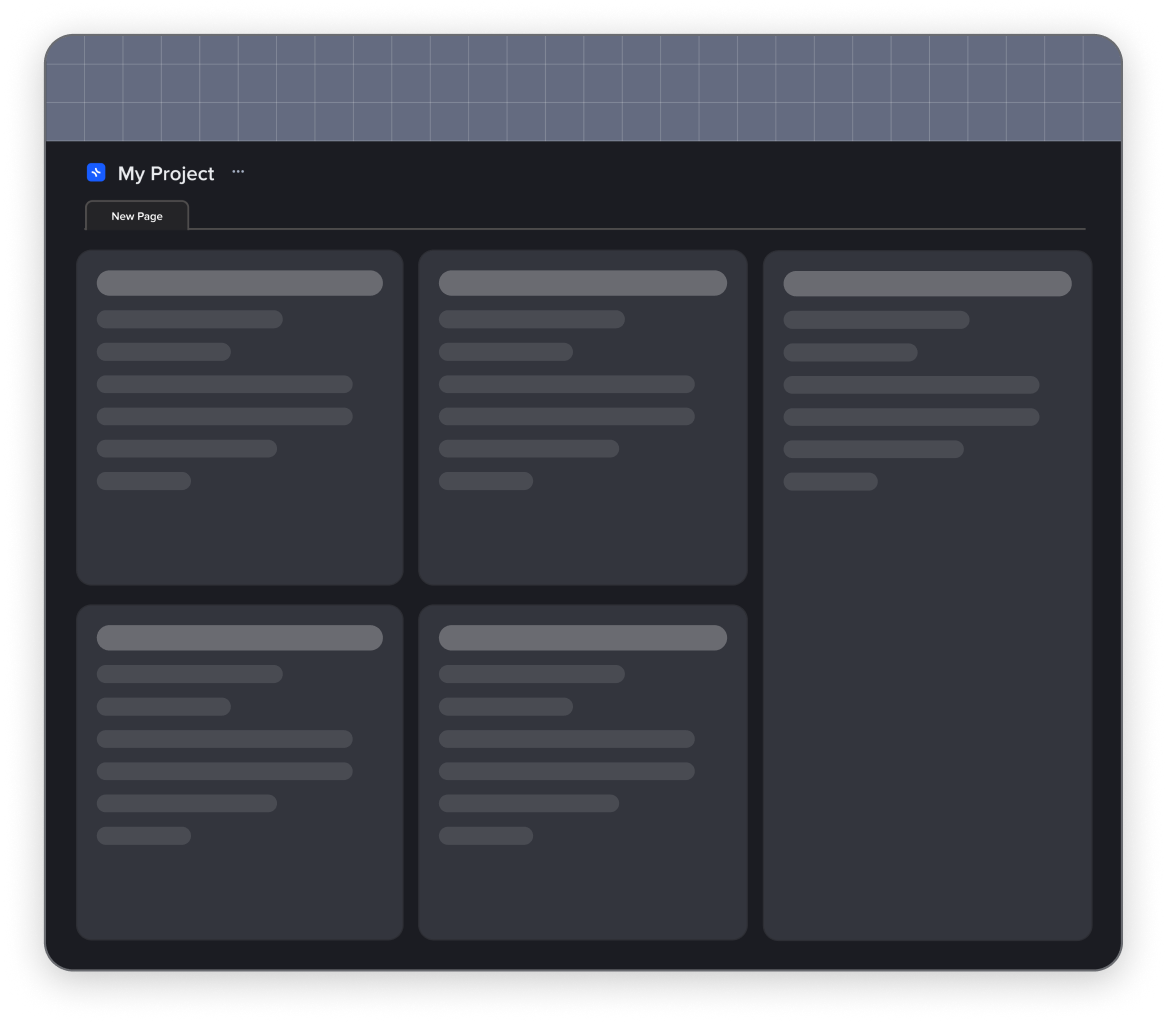Elaborating the xTiles Yearly Planner for Effective Time Management
Want to start changing your year but don’t know where to start? Get ready for success – the xTiles Yearly Planner template will guide you through planning, organizing, and achieving your goals. Whether you need to design your personal life, your projects, or both, this elegant, flexible planner helps you visualize the big picture. The layout of the app and tools it has let you divide the year into portions, give reminders, and not forget the big picture, ensuring you’re on track all year! So why not start now and ensure this is the most organized and productive year you’ve had?
Essential Features of the xTiles Yearly Planner
The xTiles Yearly Planner offers a range of powerful features to help you stay organized and motivated throughout the year:
Set objectives: Define clear, actionable goals for each quarter to align with your long-term aspirations. Make additional tiles to plan out your weekly activities to have both smaller objectives and a big picture of your plans.
Enhanced Structure: Visualize your year with a dedicated monthly spread, giving you a clear overview of your plan. Break your year into manageable segments to focus on specific goals and track progress in smaller steps.
Monthly Tracking: Organize tasks by month and easily check off completed items to stay on track. Assign due dates to tasks and automatically sync reminders with your personal calendars to stay on top of deadlines.
Strong Motivation: Add inspirational photos, links, and quotes. Keep motivation high by incorporating visuals, resources, and quotes in one convenient place.
Share with friends or loved ones: Share your planner to celebrate milestones and stay encouraged throughout your journey.
With these features, the xTiles Yearly Planner helps you stay organized, motivated, and accountable all year long.
Benefits of Using the xTiles Yearly Planner
Organizing your time through the use of the xTiles Yearly Planner can bring a lot of change into your personal and work life. Here’s how it can make a real difference:
Improved Time Management
Dividing your year and having concrete goals that are achievable and measurable will enable you to organize him or herself and work smart towards achieving the goals. Such a level of organization is helpful because you always know what you are up to and never have the feeling that you are going to miss a deadline.
Better Clarity on Your Objectives
One of the key advantages of a planner is that it offers both the overview and the details in one glance. You will have a clearer direction of where you are going and what specifically you need to do each month to work towards your goals.
Increased Productivity
The xTiles planner offers features such as reminders, a way to track progress, and a monthly bullet-point list to ensure that one is on track. It will be easier to break down tasks into smaller steps and mark tasks as complete, creating a personal schedule and eliminating procrastination.
Stronger Motivation
The options of adding motivational quotes, pictures, and personal achievements remain motivational all year round. It will help you work with enthusiasm throughout your program and help you stay passionate about the goal you are aiming to reach.
When used in daily practice, xTiles Yearly Planner will enhance focused development and increase motivation and thirst to achieve throughout the year.
How to Easily Implement Your Yearly Planner
If you are ready to change your year and make it the most productive one but do not know where to start, here is our set of step-by-step recommendations.
-
Set your yearly goals: Identify your main objectives for the upcoming year, whether they are personal or professional. Getting a new position, health and care improvements, or some financial goals – all of these can have a place in your yearly planner.
-
Break your goals into tasks: Create objectives for each quarter and separate them monthly. This will help you stay focused without being overwhelmed.
-
Add weekly planners: For even better control over your progress, create separate tiles for each week or even day. Freedom is what we respect the most, so you may do whatever you want with your organizer and make it suit your needs in the way you find the most efficient.
-
Track your progress: Mark off completed tasks and set reminders for goals you need to achieve for better flow and clarity about what you already have and what is only yet to come.
-
Add inspiration: Enhance your planner with a pinch of insightful photos and mindful quotes to empower your motivation. You can also make a small vision board of your goals by attaching images of your objectives.
-
Share your template: Make achieving your goals a celebration for you and your loved ones. You can also become more competitive about achieving your goals by sharing your planner and bet you’ll beat some objectives in defined terms.
Reaching Your Yearly Goals With xTiles Advanced Features
Want to get even more results using xTiles templates? Then, upgrading your account plan might be the best course of action. This is how you can get:
-
Limitless space to gather all your plans, objectives, resources, and other stuff in one place.
-
Advanced templates to achieve your personal and professional goals in the most effective and timely manner.
-
Integration with Google Calendar and other professional tools to enhance your growth with top-management features and utmost productivity.
Get the most out of the xTiles app to manage your personal and professional progress easily and effectively. Learn more about our plans in our pricing section and select the most suitable for you or your team.



